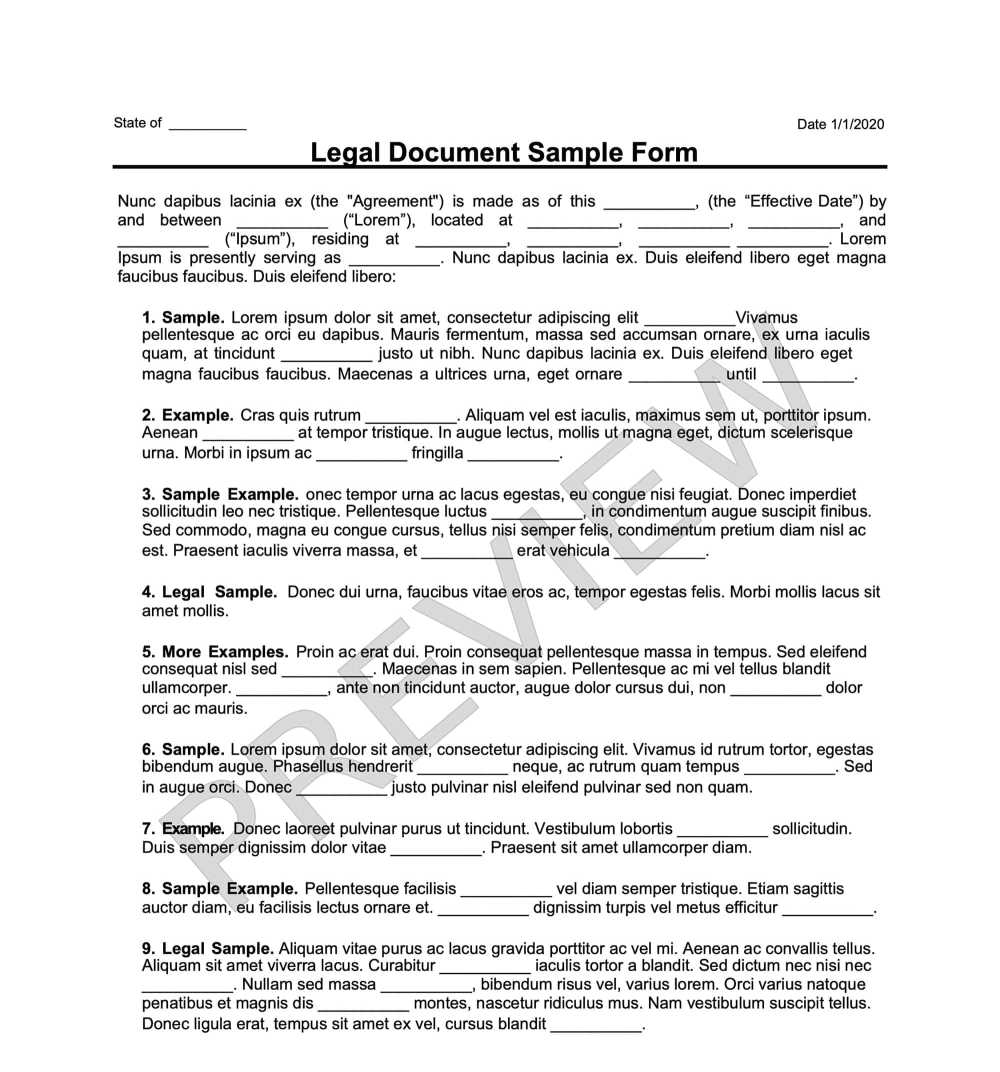Assignment of Leases and Rents
An Assignment of Leases and Rents is part of the mortgage or deed of trust documentation in a loan agreement and it is used to sign over the lease and rental income to the lender in the event the borrower defaults on the loan.


Frequently Asked Questions
As the term implies, an absolute assignment means that the lender will have complete control of the leases and rents in the event the borrower defaults on the loan. In contrast, a conditional assignment places a lien on the leases and rents and makes it possible for the lender to collect them. A conditional assignment may have other limitations like a time constraint.
Even when a lender has all the official documentation, it can only take over rent collection in the event of loan default. In the case of missed payments on the loan, the usual process is for the lender to send a letter formally requesting the missed payments before enforcing any Assignment of Leases and Rents.
When a borrower pays off the mortgage in full, the lender is to issue a satisfaction of mortgage to both the borrower and the County Recorder's Office, usually within 90 days at the latest. If not, the borrower could send a demand for satisfaction of mortgage and formally request the lender to release the lien on the property.
The deed of trust and mortgage have only one fundamental difference. A mortgage has two parties in the agreement, the lender and the borrower, whereas the deed of trust also has a trustee tasked with managing the loan, including foreclosures.
Most lenders will require borrowers to execute an Assignment of Leases and Rents in order to approve an investment loan on a rental property. Of course, you can avoid this if you do not need a loan and pay all cash for an investment property. You can also seek unsecured financing options like a line of credit at a much higher interest rate.




